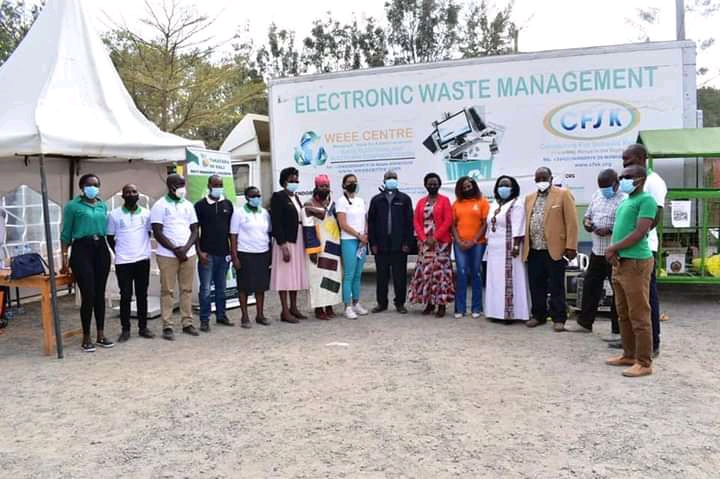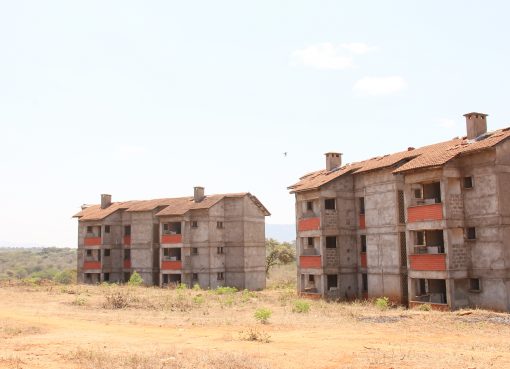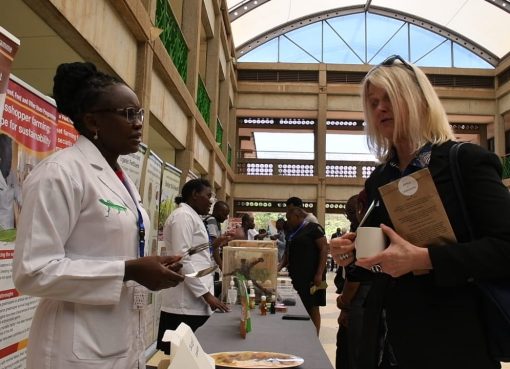Kajiado County in partnership with Waste Electrical and Electronic Equipment Centre (WEE) and Taka Taka Solutions have launched an e-waste management drive in Kajiado.
The drive which seeks to declutter electronic waste products in homes and institutions, targets obsolete electronics like computers, kettles, chargers, refrigerators, batteries among other electronic wastes which has been fueled by the high consumption rates of electronic equipment.
While speaking during the exercise, WEE Coordinator, Simone Anderson noted that as a Centre, they seek to create a safe and green environment through the provision of safe e-waste management.
“We collect and recycle different electronics, obsolete and broken ones and dismantle them into different fractions and take care of them with local recyclers or ship them abroad for recycling if it is not possible locally,” Anderson said.
Taka Taka ni Mali Patron Mary Ngecho said that the project aims to create awareness and train people to stop the throw-away culture in the county so as to be able to dispose waste properly by sorting and separating the waste at source.
Ngecho revealed that the county has created a County Waste Management Entrepreneurship hub where youth and women can be able to deposit waste at the facility and earn bonga points and cashback on the waste they collect.
She further stated that in partnership with the United Nations Development Programme they have launched a Taka ni Mali mobile app where homesteads can be able to inform the recyclers if they have any recyclable wastes.
Within the county, 450 teams, which operate in 15 different groups, have been mobilized to collect the e-waste for recycling. The hub recycles the waste into usable raw materials and sells them back to the industry.
Taka ni Mali will soon launch an SMS code that will be used by those without smart phones.
Kajiado Governor’s spouse Ednah Lenku, who is also the Ambassador for Environment in the county noted that Taka Ni Mali is a way of honoring humanity and it is the best action everyone can do to make this world a better place even for future generations.
According to the global E-Waste Report released in 2020, Kenya generates over 51,000 tonnes of e-waste annually and less than one per cent is being recycled in a safe manner while the 99 per cent remains in homes and offices or are disposed in the environment creating an environmental and health hazard due to the high amounts of mercury and lead which are used in manufacturing the electrical devices.
By Diana Meneto




